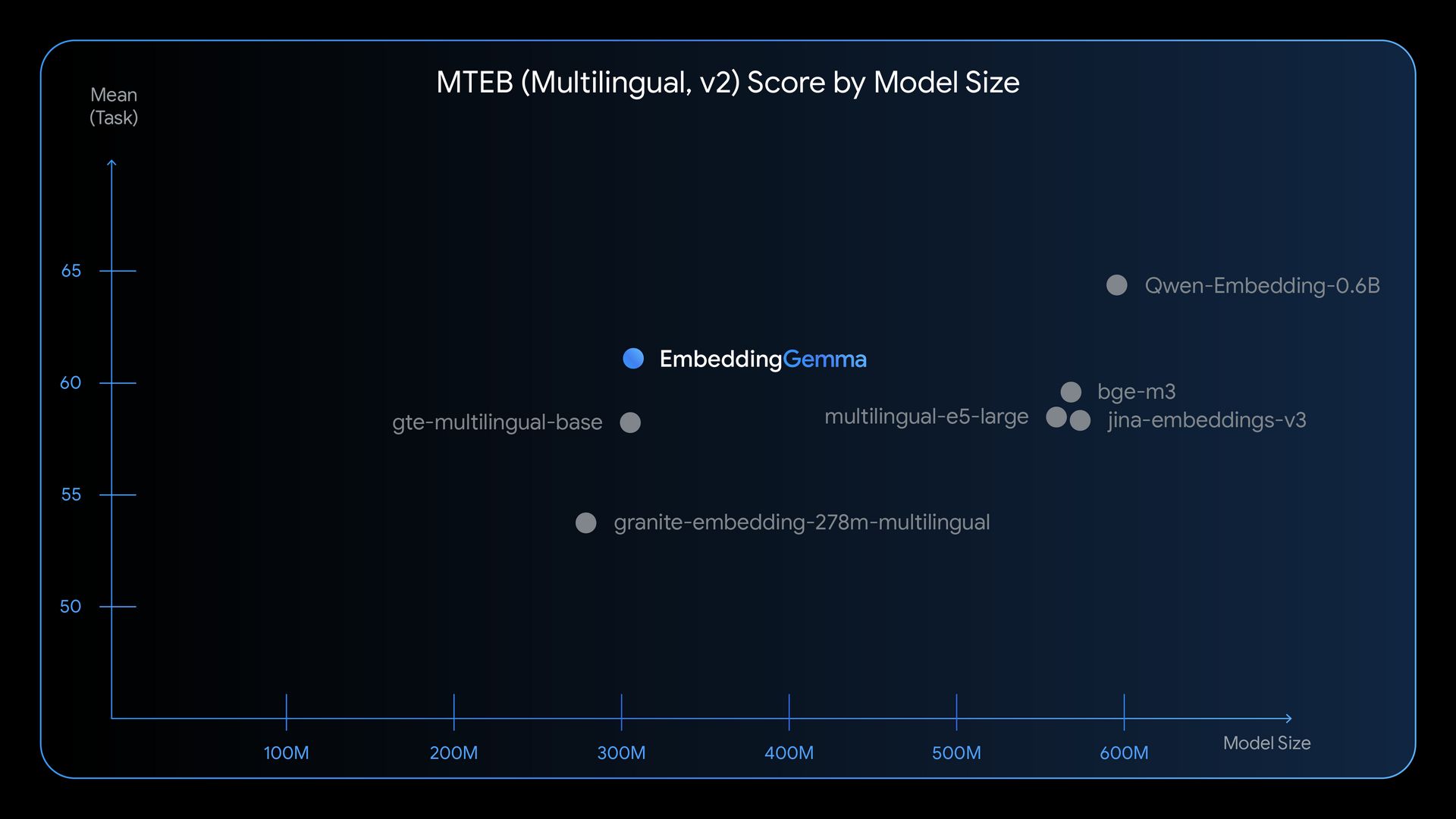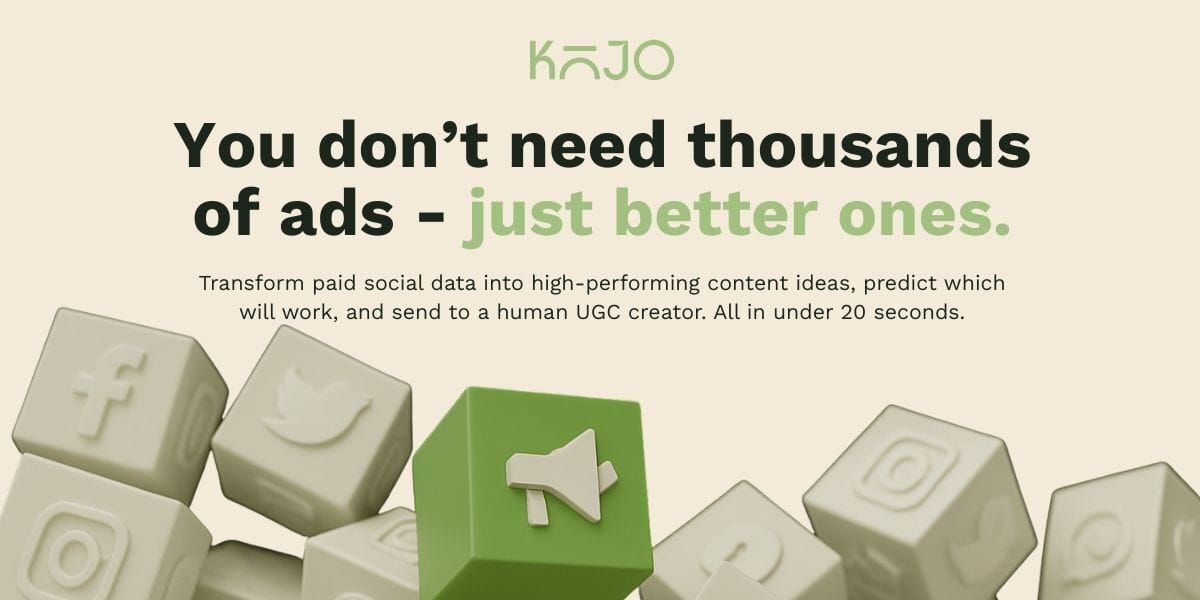- Insiders Edge Newsletter
- Posts
- Anthropic’s $1.5B Payout Rocks the AI Industry
Anthropic’s $1.5B Payout Rocks the AI Industry
OpenAI Solves Hallucinations, Google DeepMind Launches EmeddingGemma, & Microsoft's AI Education Push
Here’s the latest from this week in AI:
OpenAI Links AI Hallucinations to Training Flaws
Anthropic to Pay $1.5B in Landmark Copyright Settlement
Google DeepMind Unveils EmbeddingGemma for On-Device AI
Microsoft Unveils Nationwide AI Education Push
OpenAI researchers say AI hallucinations happen because training rewards confident guesses over admitting uncertainty. Models get full credit for lucky answers but nothing for saying “I don’t know,” which teaches them to always guess. Tests showed models inventing birthdays and dissertation titles with confidence, even when completely wrong.
The team proposes new evaluation methods that penalize confident errors more than uncertainty. This shift could make AI systems more reliable, trading a bit of accuracy for honesty, a change that matters most in critical fields like healthcare and law.

Source: TechCrunch
Anthropic has agreed to pay at least $1.5 billion to settle a class-action lawsuit from authors, marking the first major payout by an AI company over training data. The suit revealed the company used more than 7 million pirated books from shadow libraries like LibGen to train Claude. A judge ruled that while training on legally purchased books may be fair use, downloading pirated copies is a clear copyright violation.
The deal covers about 500,000 books at $3,000 each, with more payments possible if other pirated works are found. Anthropic must also delete all infringing files and gains no future rights to use copyrighted material. The case sets a precedent for other lawsuits against AI labs, though Anthropic’s recent $13 billion funding haul makes the payout easier to absorb.

Source: Getty Images
Google DeepMind released EmbeddingGemma, a lightweight model in its open-source Gemma family that runs directly on consumer devices. It can search and interpret text in over 100 languages without internet, responding in real time while using less memory than a photo app. Built for privacy, it enables offline search across personal files, emails, and messages without sending data to the cloud.
Developers can fine-tune performance by trading accuracy for speed, and the model already works in browsers and popular dev tools. By making AI assistants run privately on phones and laptops, Google positions EmbeddingGemma as key infrastructure for the next wave of on-device, privacy-first AI apps.

Source: Google for Developers
Find your next winning ad creative in seconds with AI
Most AI tools promise you thousands of ads at the click of a button. But do you really need more ads—or just better ones?
Kojo helps you cut through the noise. We analyze your paid social data to uncover the ideas with the highest chance of success. Then, our AI predicts which concepts will perform best, so you don’t waste budget testing what won’t work.
Instead of drowning in endless variations, Kojo sends your best idea straight to a real human creator who makes it engaging, authentic, and ready to win on social. The entire process takes less than 20 seconds, giving you certainty before you spend and better performance without the waste.
Why gamble on guesswork or settle for AI spam when you can launch ads proven to work, made by people, and backed by data?
Microsoft announced new commitments at the White House’s AI Education Task Force to expand AI access in schools and build workforce skills. Initiatives include free Copilot in Microsoft 365 for all U.S. college students, $1.25 million in educator grants, and free LinkedIn Learning AI courses.
The company is also funding community college programs and offering nationwide training and certifications to help close the AI skills gap. With nearly 100 new courses and a national AI Learning Challenge, Microsoft aims to prepare students, teachers, and job seekers for an AI-driven future.

Source: Microsoft Blogs
In Other News
U.S. stocks surged to fresh records Tuesday as optimism over potential interest rate cuts outweighed worries about a slowing labor market. The S&P 500, Dow, and Nasdaq all closed at new highs for the first time since December 2024, even as the Bureau of Labor Statistics revised job growth down by 911,000 over the past year. The White House is preparing a report highlighting flaws in the data, while the Supreme Court agreed to fast-track a case on Trump-era global tariffs.
Apple shares slipped as it released the iPhone 17, while Anglo American and Teck Resources announced a $53 billion copper merger that lifted global mining stocks. The WSJ Dollar Index bounced back, Treasury yields rose, and international equities extended gains despite concerns about rising government debt levels.

Source: The WSJ
Cool tools of the week from insidersedge.io
Wordmax - AI writer for blog writers with templates and fonts
Botsheets - Automate data collection & responses to customer conversations
Sturppy - Financial assistant tool for small businesses
Fontis.ai - AI art platform for generating and printing high-quality artwork
Jobs To Check Out This Week On insidersedge.io
Lead Cryptographic & ML Engineer - Cerebellum Network
Technical Program Manager - Subspace Labs
Director of AI - Exodus Movement Inc.
Senior Concept Artist - Crypto.com
Thanks for tuning into today’s edition!
Be brutally honest. DM me or email me back with any suggestions!

